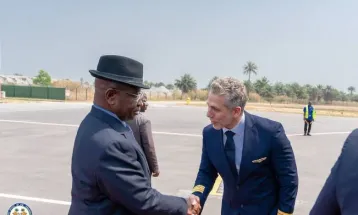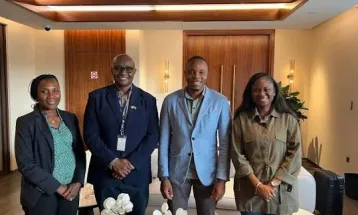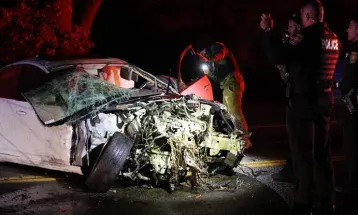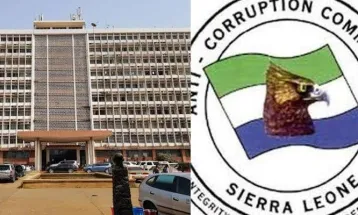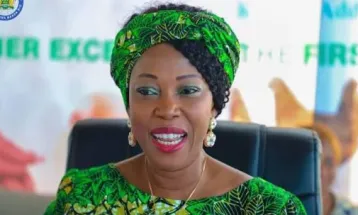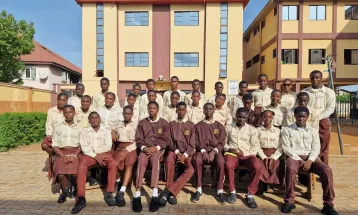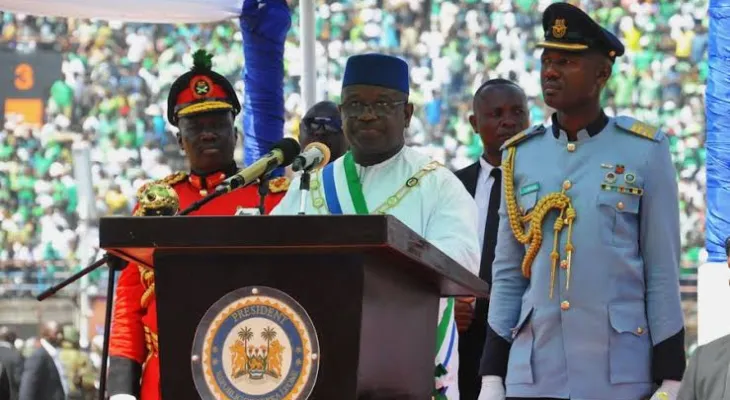
Joseph Fitzgerald Kamara Challenges Government's Approach to 63rd Independence Anniversary Celebration
Sierra Leone's former Attorney-General and Minister of Justice, Joseph Fitzgerald Kamara, a prominent member of the main opposition All Peoples Congress Party (APC), has offered a dissenting perspective on the government's plans for commemorating the country's 63rd independence anniversary.
On April 22nd, 2024, the Government of Sierra Leone, through the Office of the President, released a memo outlining the schedule for this year's independence anniversary celebration. The memo, titled "63rd Independence Anniversary," signed by the secretary to the president, Julius F. Sandy, detailed the following activities:
- Friday, April 26th, 2024: Prayers in all mosques across the country.
- Saturday, April 27th, 2024: Inter-faith service at State House.
- Sunday, April 28th, 2024: Prayers in all churches across the country.
In response to this directive, Kamara expressed his disagreement, arguing that directing ministries, departments, and agencies (MDAs) to commemorate Independence Day with prayers in mosques and churches infringes upon freedom of religion as enshrined in the constitution (section 24(1)). He emphasized that the government cannot dictate when, how, or in what faith people should pray, asserting that individuals should be free to practice their religion without interference from the state.
Kamara's stance challenges the government's approach to the celebration, highlighting the importance of respecting religious freedom and individual autonomy in matters of faith and worship. By advocating for a separation between state and religious activities, he underscores the principles of secularism and pluralism in a democratic society.
His remarks spark discussions on the role of religion in public life and the boundaries between government and religious institutions. They also raise questions about the government's priorities in commemorating national events and the need to uphold constitutional rights and liberties.
As a key figure in the opposition party, Kamara's critique adds to the ongoing dialogue surrounding governance, civil liberties, and the promotion of inclusivity and diversity in Sierra Leonean society. His perspective invites reflection on the values and principles that underpin the nation's democratic framework and underscores the importance of upholding constitutional rights and freedoms for all citizens.

